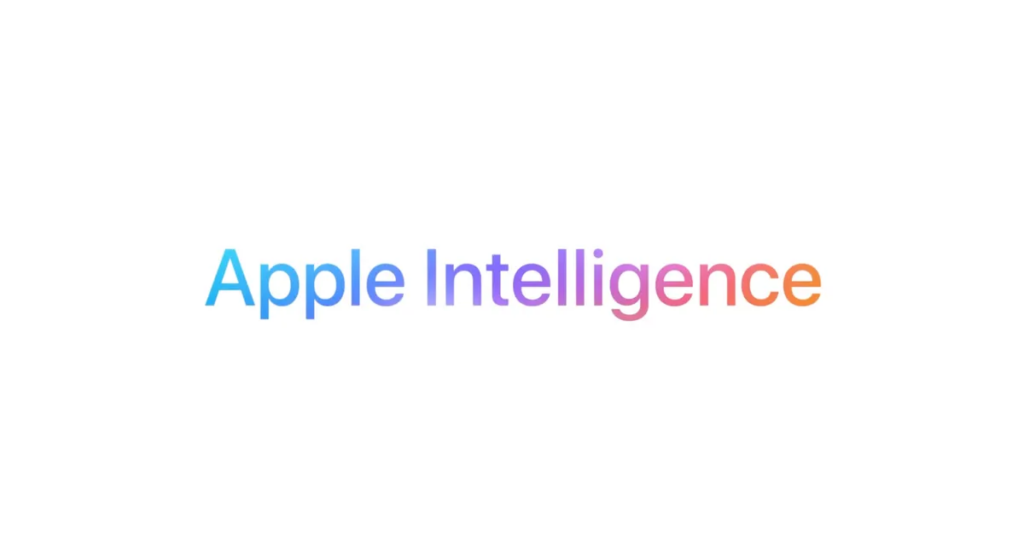Elon Musk has publicly expressed his displeasure over the newly announced partnership between Apple and OpenAI. Musk, the CEO of Tesla and SpaceX, has threatened to ban the use of Apple devices within his companies if Apple proceeds with integrating OpenAI’s technology into its operating systems. This announcement has sparked significant debate and concern within the tech community.
What’s Happening & Why This Matters
On Monday, at Apple’s annual Worldwide Developers Conference, the tech giant unveiled its partnership with OpenAI. Under this new collaboration, OpenAI’s ChatGPT technology will be integrated into Apple’s operating systems for iPhones, iPads, and Mac computers. The integration aims to enhance Apple’s Siri voice assistant and introduce more personalized tools for users. Greg Brockman, OpenAI’s president, confirmed the partnership in a social media post, expressing excitement about the integration.

Musk’s Reaction
Elon Musk responded strongly to the announcement, labeling it an “unacceptable security violation.” He stated that if Apple proceeds with integrating OpenAI at the operating system level, employees and visitors at his companies, including SpaceX and X, will have to leave their Apple devices at the door. These devices would be stored in Faraday cages to block electromagnetic signals, which are essential for communication.
Musk accused Apple of not understanding the implications of handing over user data to OpenAI, suggesting that this partnership compromises user privacy and security. He described this move as Apple “selling users down the river.”
Background and Context
Musk co-founded OpenAI in 2015 but left the organization to establish a rival AI company, xAI. His relationship with OpenAI and its CEO, Sam Altman, has been contentious, culminating in legal disputes. Musk claims that OpenAI has deviated from its original nonprofit mission, allegations that OpenAI has dismissed as baseless.
Implications
The Apple-OpenAI partnership is part of a broader trend where major tech companies are integrating AI technologies into their products. Google, Samsung, and Microsoft have already incorporated AI features into their devices and services. Microsoft’s recent announcement to integrate AI into Windows further illustrates this trend, although it faced backlash over privacy concerns, leading to some features being turned off by default.
Apple’s approach, which aims to process as much data on the device as possible and seeks explicit user consent before sending data to OpenAI, is noted for its privacy-conscious design. However, Musk’s criticism highlights the ongoing concerns about data privacy and the ethical implications of AI integration.
TF Summary: What’s Next
The debate over AI integration into operating systems is likely to intensify as more tech companies pursue similar partnerships. Musk’s threat to ban Apple devices at his companies, if enacted, could set a precedent for other firms concerned about data privacy. The success of Apple’s AI initiatives will depend on how well it can address these privacy concerns and demonstrate the benefits of its partnership with OpenAI. The tech industry will closely watch how this situation evolves, particularly regarding regulatory responses and user acceptance.


